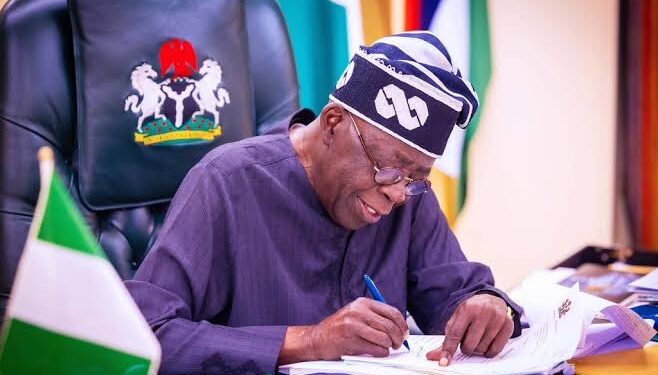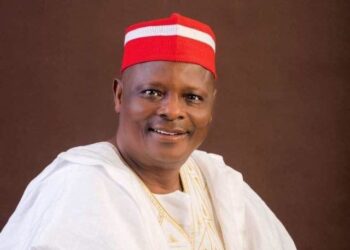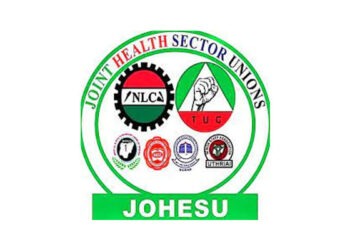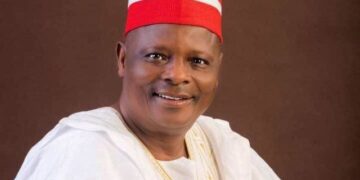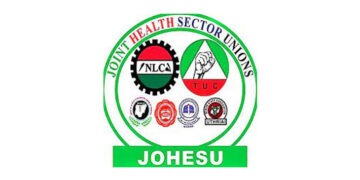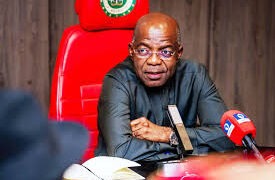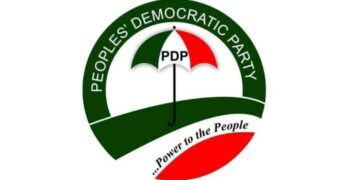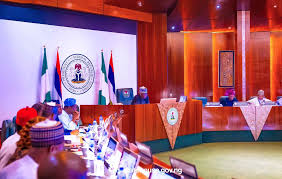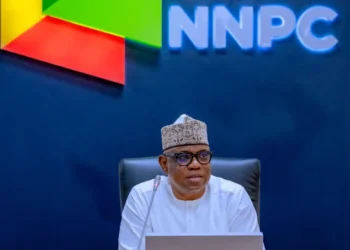President Bola Ahmed Tinubu took a significant step on Tuesday by forwarding the Minimum Wage bill to the House of Representatives, marking a pivotal moment in Nigeria’s labor legislation. The bill once passed into law, will establish a new national minimum wage and provide the legal framework necessary for its implementation across the country. This move comes amid ongoing efforts to enhance the welfare of Nigerian workers and ensure fair compensation in line with economic realities.
In his letter read on the floor of the House of Representatives, President Tinubu underscored the urgency of expediting the passage of the minimum wage bill. He emphasized the critical need for prompt legislative action to swiftly implement the new wage structure. This directive reflects Tinubu’s commitment to improving the standard of living for Nigerian workers and addressing longstanding issues related to wage disparity and economic sustainability.
Furthermore, President Tinubu highlighted the importance of amending the Nigeria Police Act, aligning with constitutional provisions outlined in Section 58 of the 1999 Constitution. This legislative adjustment aims to strengthen law enforcement capabilities, enhance operational efficiency, and uphold constitutional rights within the Nigerian police force. The proposed amendments are part of broader reforms aimed at modernizing law enforcement practices and ensuring compliance with international standards of policing.
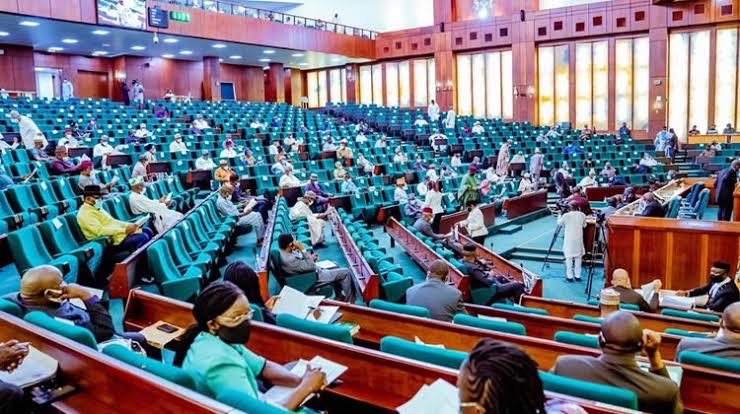
The decision to propose N70,000 as the new national minimum wage follows extensive consultations and negotiations between government representatives and organized labor unions. These deliberations sought to strike a balance between the needs of workers and the economic capacity of employers, taking into account inflationary pressures and cost-of-living adjustments. President Tinubu’s approval of the new wage rate demonstrates a proactive approach to addressing socioeconomic challenges and fostering inclusive growth across various sectors of the Nigerian economy.
The introduction of the Minimum Wage bill into the legislative process signifies a pivotal moment in Nigeria’s governance and economic policy landscape. It represents a concerted effort by the government to promote social justice, economic stability, and sustainable development. By establishing a clear legal framework for wage determination and implementation, the bill aims to mitigate income inequality, improve workforce productivity, and stimulate economic growth.
Moreover, President Tinubu’s call for expedited legislative action underscores the administration’s commitment to fulfilling electoral promises and meeting the aspirations of the Nigerian populace. The timely passage of the Minimum Wage Bill is expected to enhance public confidence in government institutions and reaffirm Nigeria’s commitment to upholding labor rights and social justice principles.
In addition to the Minimum Wage bill, President Tinubu’s administration has prioritized comprehensive reforms across various sectors, including education, healthcare, infrastructure, and security.
These initiatives are aimed at fostering sustainable development, reducing poverty, and promoting inclusive growth. By addressing systemic challenges and implementing strategic reforms, the government seeks to create an enabling environment for private sector investment, job creation, and socioeconomic progress.
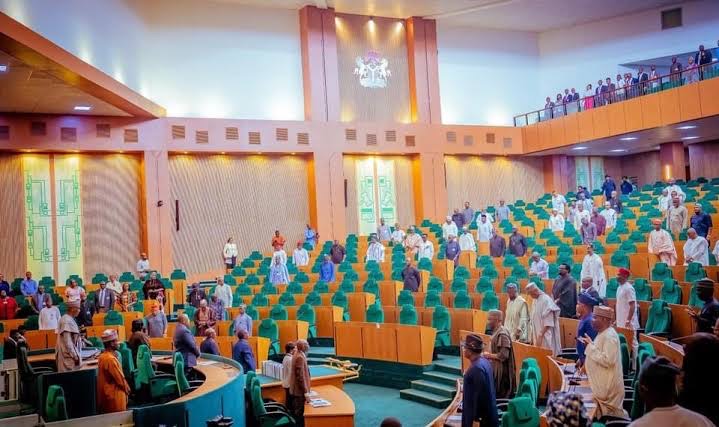
Furthermore, the proposed amendments to the Nigeria Police Act underscore the government’s commitment to enhancing law enforcement capabilities and promoting transparency within the security sector. These reforms are designed to strengthen public trust in law enforcement agencies, improve accountability, and uphold human rights standards in policing operations. By modernizing legal frameworks and institutional practices, the government aims to bolster national security efforts and ensure the safety and well-being of all Nigerian citizens.
Looking ahead, the successful passage and implementation of the Minimum Wage Bill are expected to have far-reaching implications for Nigeria’s labor market dynamics and economic trajectory. It will contribute to reducing income inequality, enhancing consumer purchasing power, and stimulating domestic demand. Moreover, by ensuring fair and equitable compensation for workers, the government aims to foster a more inclusive and resilient economy capable of withstanding external shocks and global economic uncertainties.
President Bola Ahmed Tinubu’s submission of the Minimum Wage bill to the House of Representatives marks a pivotal moment in Nigeria’s legislative agenda. It reflects the government’s commitment to advancing social justice, economic prosperity, and sustainable development. As the bill progresses through the legislative process, stakeholders across the public and private sectors are encouraged to engage constructively to ensure its successful enactment and effective implementation for the benefit of all Nigerian workers


